8 Games That Should've Been A Lot Shorter
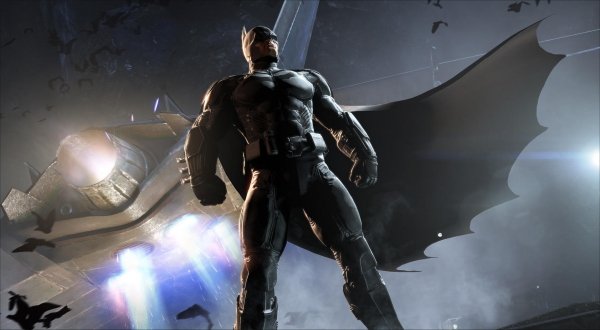
There are some really great games out there and sometimes they run into a little problem of being longer than they should be. It doesn't make the games any worse for wear, it's just that they sometimes get long in the tooth and could wrap up their main story a lot faster than what's actually implemented.
In this particular case, we take a look at some of the games that were actually pretty good for the most part (or exceptionally great in some cases) but they just went on a little too long and could have been shortened in regards to the main campaign mode, because in some cases it was kind of obvious the story was being stretched to hit that eight-hour playthrough standard most games aim for. So without further ado, here are 8 games that should've been a lot shorter.
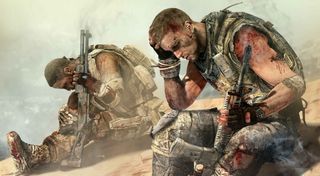
Spec Ops: The Line
Oftentimes heralded as the Apocalypse Now of video game storytelling, Yaeger's Spec Ops: The Line is a character driven tour de force. The game is more about the characters' actions at the end of the day than simply trying to win a fight between “good” and “evil”.
While the above sounds very high-brow, the biggest drawback to Spec Ops: The Line is that the gameplay was as mundane as it gets. The gameplay drawback is as big a problem as it is because the game stretches on for hours on end, but you're just relying on the same whack-a-mole gameplay the entire time. Either the single-player should have been shorter to accommodate the gameplay shortcomings or the gameplay should have had more depth.
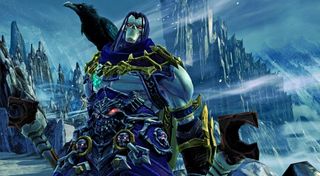
Darksiders 2
Darksiders 2 from Vigil Games is a great title. It's a role-playing, action-adventure, platforming hack-and-slash title. It combines a lot of different genres together to make up for a very artistically dense game with its own style and flair. The only problem is that a lot of the meat of the game is actually wandering through caves to complete puzzles.
CINEMABLEND NEWSLETTER
Your Daily Blend of Entertainment News
Puzzle solving isn't bad and can be really fun when done right, but one of the big problems in Darksiders 2 was that the game's core story length was unnecessarily stretched out in order using the puzzles to pad the game time. The side-quests and exploration was great in the game, and the puzzles were definitely challenging, but stretching out the story by forcing Death to roll rocks around and turn on and turn off water-flow like some kind of irrigation inspector, all while the fate of the world hung in the balance was kind of silly.
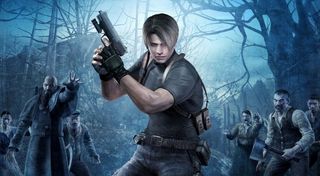
Capcom hit pure gold with Resident Evil 4. The game took horror-survival and really elevated the action in it to the nth degree. The game was done really well and the gameplay itself was top notch, but it was obvious that a few parts of the game were unnecessarily stretched out to ensure that the game time seemed hardy and full.
The GameCube version was long enough where it actually came on two discs. The only problem was that a few parts could have worked better as optional side-quests as opposed to main story elements, especially the entire detour involving Ramon Salazar. Some of those segments were pretty fun to play through, but it was so far removed from the main story that it was just comical. Nevertheless, the extended segments separate from the main story weren't enough to stop me from replaying the game more times than I can count.
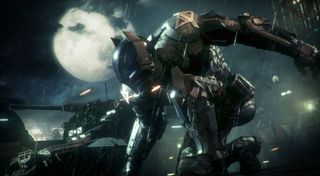
Batman: Arkham Trilogy
Rocksteady makes top notch Batman games. The Arkham series is not only the best super hero games ever made but some of the best action-adventure games ever made. However, they do tend to have longer-than-necessary stories stretched out over the course of the game thanks to a lot of top-and-go challenges, puzzles or forced combat segments.
In what felt like a decision to stretch out the core play time to something just over the eight hour mark, each of the Batman: Arkham games seem to have missions, side-quests or challenges that take Batman away from the core story arc. Some gamers felt things like the repeated Batmobile challenges in Arkham Knight or the combat arenas in Arkham City were takeaways from keeping pace with the core story. This isn't to say that all the extra side missions in the game are bad, but sometimes shoehorning them into the main story arc seemed a little needless.
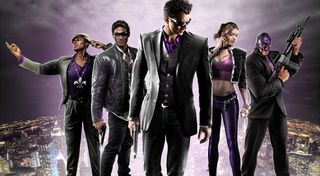
Saints Row: The Third
Volition Software's Saints Row: The Third took a huge departure from Saints Row 2. Instead of always being in the shadow of GTA they branched off to be this parody-ridden, over-the-top satirical action romp through Steelport. The graphical upgrade was a very welcomed change and weapon handling, vehicle physics and animations were all improved.
The biggest problem with Saints Row: The Third was that these improvements came at the cost of replayability. Majority of the story missions in the game fell absolutely flat after **spoiler alert** the main bad guy dies early in the game and they decided to fill out the rest of the missions with mini-games. Saints Row 2 was filled to the brim with mini-games but the story missions were all on-point and very engrossing. The lack of focus and over-padding in the third game actually made the game feel more boring than it should have, especially given that there was so much that could have been done with the game but wasn't.
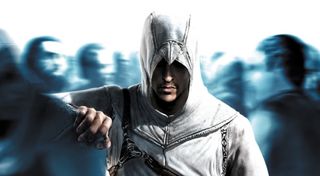
Assassin's Creed
It's hard to imagine that there have been so many Assassin's Creed games over the years in such a short amount of time. Ubisoft has been cranking them out left and right, but they wouldn't have had their start without the original game from back in 2007. It was a hallmark breakthrough when it came to including parkour in a game, as well as giving players a different kind of sandbox to play around in to take on assassination targets.
The concept was sound, the execution was not. The first Assassin's Creed suffered from overly repetitive gameplay that stretched on from start to finish. Unlike Assassin's Creed II or Brotherhood, which were jam packed with side-missions and mini-games, the original had players rinsing and repeating the same tasks over and over again for six hours. Thankfully Ubisoft ironed out the formula in later titles but the first outing was a painfully bittersweet experience.
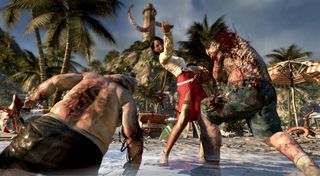
Dead Island
Techland really made a mark in the gaming industry with Dead Island, without that game we wouldn't have had Dying Light. Technically it was that awesome CG trailer that really helped put Dead Island on the map, but the open-world, melee-focused gameplay helped the game out quite a bit.
The only drawback was that after discovering the best ways to take down zombies it was kind of the same thing over, and over, and over again. It wasn't quite designed to be as replayable as something like Left 4 Dead or Borderlands 2, so the game ended up feeling as if it was wearing out its welcome a bit more than it should have as far as the story elements were concerned. Still, as an open world game it did have plenty of side missions to go on and maybe that's what some of the story missions should have stayed as... something on the side.
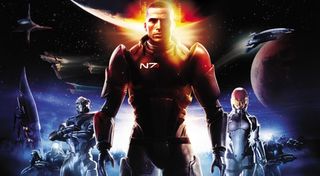
Mass Effect
The first Mass Effect paved the way for what many consider to be the epic space opera saga of a generation. The original game introduced sci-fi shooting, looting, space exploration and dynamic, choice-driven narrative designs. BioWare really knocked it out of the park with the first game... mostly.
One of the big complaints about the game was that a lot of the progress in the original was tied to tedious planet scavenging and driving sequences that were barely fleshed out. BioWare took a hint and removed them in the second game, which was a lot more streamlined and fast-moving compared to the first, but it also received some criticisms for not being “open” enough. In some ways you can't please everybody, but for the newest Mass Effect game BioWare wants to take a lot of what made the first game popular by reviving features like planetary exploration and the Mako, but they also want to trim down on some of the unnecessary story padding that also brought rise to a lot of criticism.
Staff Writer at CinemaBlend.
Most Popular







